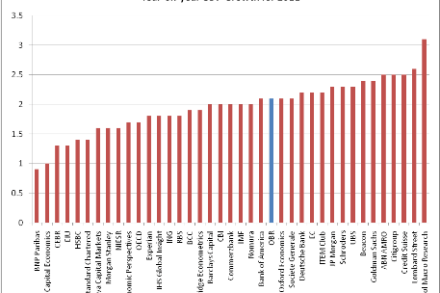This year’s biggest story
This year was so rich in stories – Expensesgate, the election and historic coalition, the Icelandic volcano, General McChrystal’s dismissal, the Pakistani floods, Haiti’s earthquake, Greece’s near-collapse, the Will n’ Kate engagement, Wikileaks, the Chilean miners and so on – that it is hard to pick just one story. Looking back over the year, however, I think two stories stand out – because they may herald a seismic change. The first is, of course, the establishment of coalition. By now, the novelty of government by cross-party compromise has worn off. But, despite the gossipy complaints of a few Lib Dem ministers, a new kind of politics is being forged. It may not
















